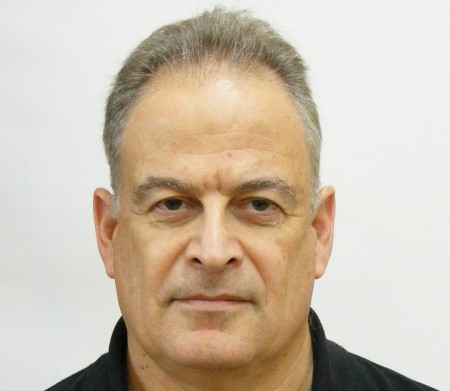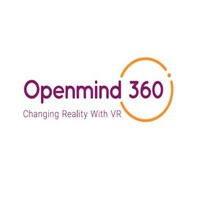
OpenMind360
120% of funding target
Highlights
Highlights
A breakthrough technological solution for dealing with mental distress in the digital age
OpenMind 360 provides a breakthrough in the psychotherapy field, with an innovative VR platform that helps challenge depression and anxiety symptoms among teens. The use of advanced VR technology enables the company to provide a unique and first-of-its-kind solution to the growing problem of mental distress and depression in the era of social media and smartphones.
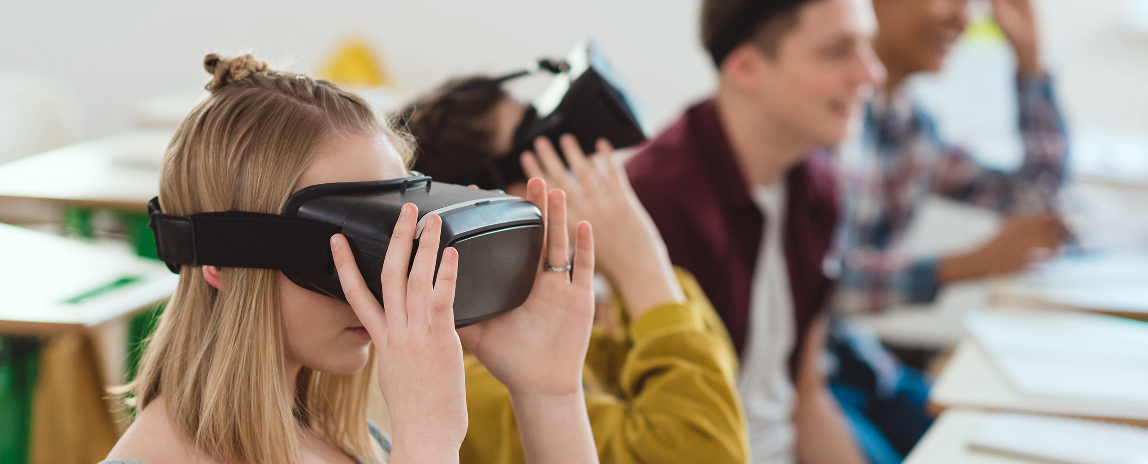
Proven achievement - a successful pilot and contracts with the Ministry of Education and leading universities
The company completed a successful pilot with dozens of focus groups in 20 schools throughout the country. Following the pilot’s positive outcome, the company received orders from the Ministry of Education for VR workshops in over 20 additional schools and additional invitations from the IDC Herzliya and Bar-Ilan University for their Psychology and Communication departments. In addition, the Israel Police has purchased one of the 360 VR products for the Youth Visitors Center. The company has also been selected from among hundreds of companies to present at the prestigious D9 conference - an international conference for innovation in the public sector.

Strategic cooperation and support from the Israel Authority for Innovation, the Ministry of Education and the Sheba Medical Center
For the past two years, OpenMind 360 has been awarded an R&D grant by the Israel Innovation Authority. OpenMind 360 is in the advanced stages of educational and technological collaboration with Facebook and its subsidiary Oculus (the world leader in VR). The company also received sponsorship from Samsung, which donated the VR sets. The company's workshops were accepted by the Ministry of Education as an approved external program, and are sponsored by the Sheba Medical Center.

A billion dollar a year market and enormous savings for health systems
The AR / VR in healthcare market has grown tremendously over recent years and is expected to reach $5 billion by 2023. OpenMind 360 is the only company in the world that uses interactive VR technology to treat depression and mental and social distress through various simulations. The company offers a unique technology solution for dealing with a problem that causes economic cost of $2.5 trillion a year worldwide.
Investing in an important social enterprise
OpenMind 360 is leading an enterprise of tremendous social importance by addressing one of the most serious and growing problems of the past decade - the "age of loneliness". Since the advent of social networks and smartphones, there has been a dramatic increase in the number of people, especially teenagers, who experience symptoms of depression and anxiety to the point of suicidal tendencies. While the community, educational systems and especially parents stand helpless in the face of this difficult issue, OpenMind 360 offers an innovative and creative technological solution that speaks to the youth in their language - the language of media and technology. OpenMind 360 gives teens an accessible and effective tool to help them deal with mental distress and depression, and even save their lives.

A team of experienced experts in psychology, education, design, engineering, and business
The OpenMind 360 team comprises experienced and renowned professionals in a wide range of fields: clinical psychology, education, and social work, graphics and industrial design and technology management. The company's CEO, Iftach Weiser, is a computer engineer with 30 years of international experience in high-tech and business management in global technology companies.
Moreover, the founders of the company all have a family member who is dealing with a mental health issue. Their motivation is personal and emotional and they are passionate about helping teens with OpenMind 360 solution.
Pitch
Pitch
The problem
Studies show that 1 out of every 5 teenagers in the world experiences significant mental distress. Only 20% of them will seek treatment due to fear of stigma and lack of knowledge. This problem is drastically worsening in the age of social networking and smartphones, with new studies showing a 33% increase in symptoms of depression, anxiety and mental distress related to suicide in the last five years alone. There has also been a sharp increase in suicide attempts in the Western world.
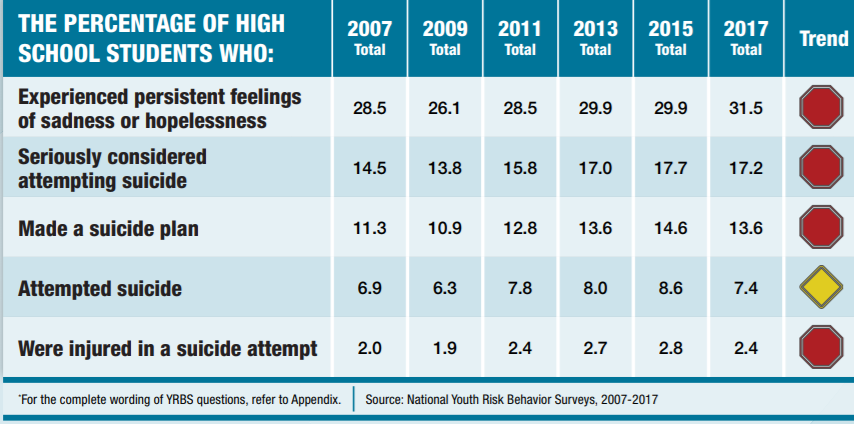
Today’s market does not offer a practical and effective solution to this difficult problem, and attempts to appeal to youth through traditional methods (school lessons, presentations, etc.) are cynically rejected by them. The educational and therapy systems are seeking the technology and innovation that will help them connect with today's youth, who are usually ensconced in their own virtual world (Instagram, WhatsApp, Twitter, etc.).
The solution
Recognizing this need, OpenMind 360 has developed a solution using innovative technological tools that appeal to adolescents in their own language, to create a sense of openness and empathy. Many studies have confirmed the use of VR as a highly effective psychotherapy tool for dealing with post-trauma, various phobias, flight anxiety and more.
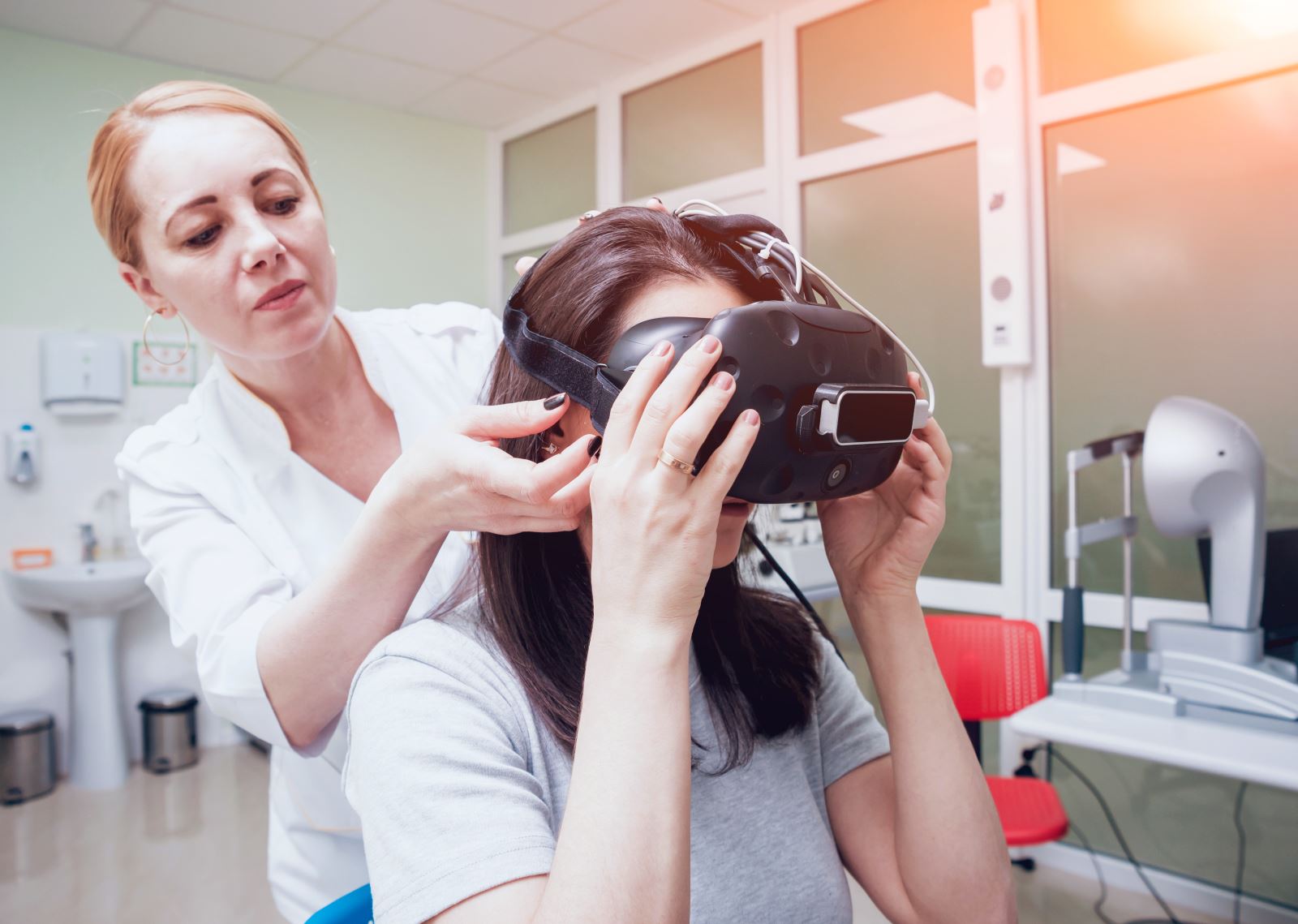
The product
OpenMind 360 uses VR movies that describe real-life social and personal situations from the lives of adolescents combined with interactive choices, using the "Exposure Therapy" method. The innovative platform enables an interactive viewing of a 360 degree VR film, in which the viewer influences the development of the plot by active selections throughout the film. The films present familiar social situations (e.g. a conflict between friends leading to a rumor spread via social network), with central points of dilemmas where the viewer must choose how to continue by focusing their gaze, thereby affecting the development of the plot. In this way, the participants' experience of identification is further enhanced by active choices and solutions to situations.
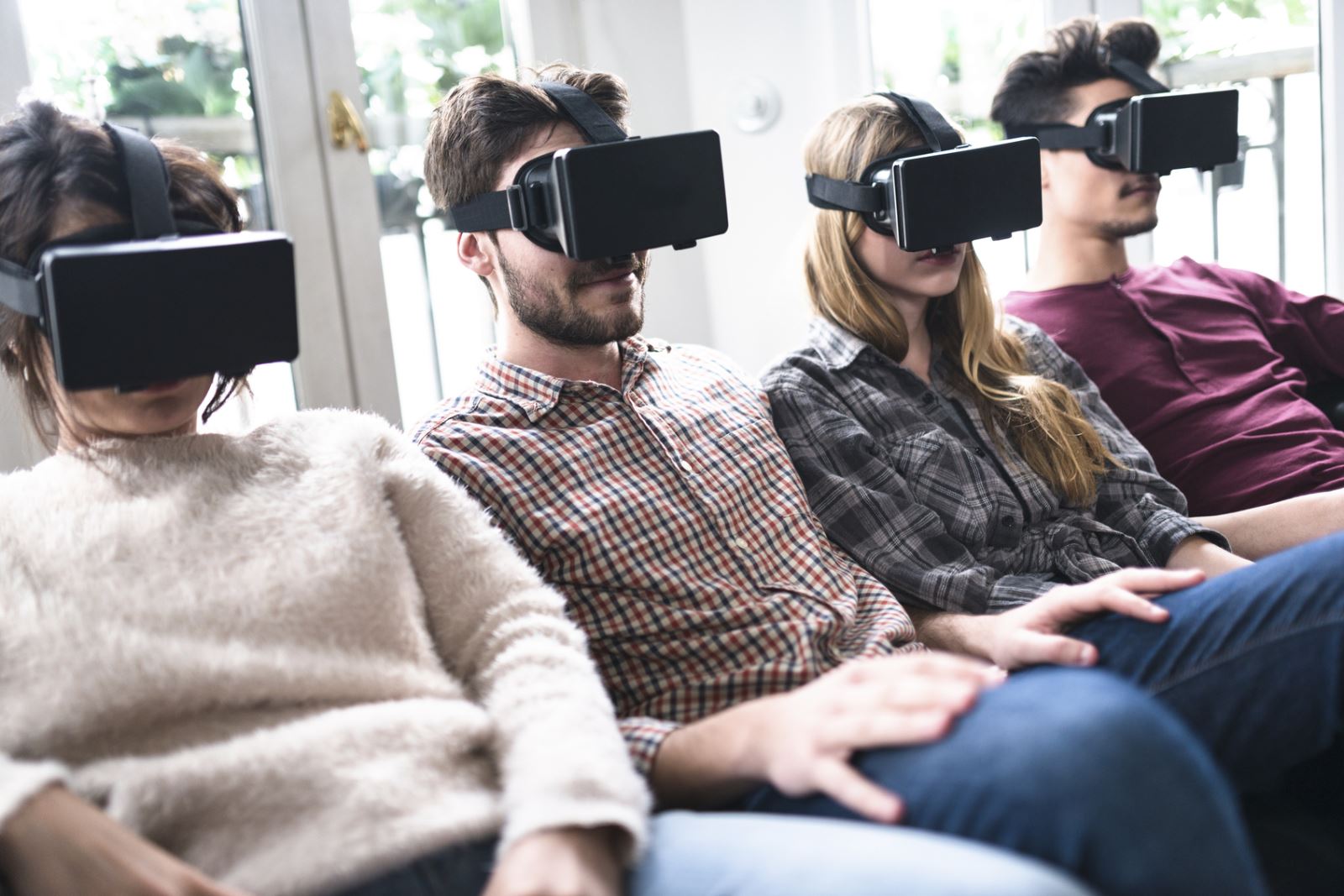
The workshop
The VRs can be watched as part of a series of special workshops created by the company, in which the participants discuss dealing with situations that lead to mental distress, such as shaming, depression and social anxiety. Throughout the VR film, young people can identify signs of mental distress and opportunities for assistance to their peers and are required to act and respond in these situations. The VR experience creates empathy in the group and encourages youth to seek professional treatment.

Big Data
The OpenMind 360 platform collects answers from questionnaires and VR selections from real-time VRs and stores them in a large central data system for analysis and improvement. The company also intends to collect biofeedback data that will provide additional empirical information on the reactions of young people during the VR activity. Information collected by the OpenMind 360 platform provides a solid foundation for clinical research as well as the development of the next generation of solutions to treat and prevent mental distress. Naturally, all of the information is anonymous, eliminating data privacy concerns.
The technology
OpenMind 360 makes innovative use of virtual reality technology, combining VR 360 with interactive selections that influence the movie's progress, and connects the VR world to the mental healthcare field. The participants' interactive choices are broadcast and stored on central servers in the cloud, enabling the system to analyze and improve tools and methods for coping with mental distress. OpenMind 360 is one of the first to incorporate interactive selections in VR application.
How it works: The process begins with the production of a feature film, describing a situation from the lives of teenagers, and filmed by a dedicated 360 degrees camera (Insta camera at a resolution of K8).
The application developed by the company adapts the film to the VR 360 platform for smartphones (such as Gear VR, Google Daydream, and VR standalone devices such as Oculus Go, and enables its full operation by gazing only. The session includes interactive choices that determine the development of the plot according to the viewer's choice.
The app is installed on a smartphone that is embedded in Gear VR glasses.
The application has full compatibility with Facebook's Oculus Go, providing a better and more convenient user experience.
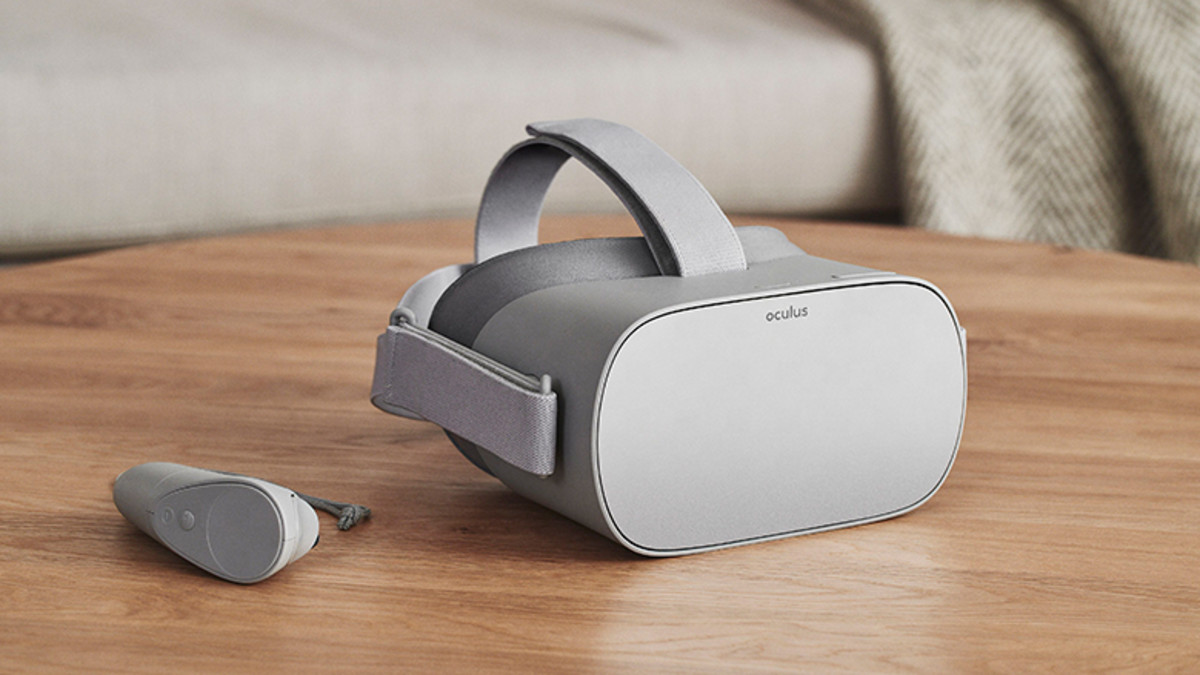
Data collection: The choices made by the viewers during the film are transmitted from the smartphone via WiFi to a central server in the cloud, gathered anonymously and cataloged by classrooms, schools, regions, and nationwide. The analysis is done using BI tools, such as Microsoft Power BI, while the display uses Tableau tools.
In addition, at the beginning and end of the workshop participants are asked to answer a questionnaire about mental distress that is also integrated into the application and transmitted to the central server in the cloud. The purpose of this is to analyze the participants' change in attitudes and behavior following their experience in the VR 360 workshop.
The application for personal therapeutic treatment will collect personal attributes of the patient, including his response to the VR experience using Biofeedback sensors, this data will be protected and for the use of the therapist only..
The study: The large quantity of accumulated data enables research into the effectiveness of solutions for groups and individual therapy through Virtual Reality and is a valuable resource in the development of effective new applications for therapy.
The company has recently begun academic field research led by senior academics in the field of adolescent psychology from IDC Herzliya and Schneider Children's Hospital.
The research is led by Dr. Dana Feldman-Sadeh, a clinical psychologist at Schneider Children's Hospital, in collaboration with the VR laboratory at the IDC Herzliya, led by Dr. Doron Friedman, who is using the biofeedback measurements.
The study aims to validate the effectiveness of the treatment with VRs in changing attitudes and behaviors of adolescents and preventing mental deterioration.
Team
Team
|
Iftach has been in the hi-tech industry for more than 30 years,
In senior positions such as COO and Vice President of Customer Service for leading hi-tech companies, such as Orbotech, IndigoHP, Verint, Nice and Optimal+. Iftach brings with him vast experience in leading complex projects as well as budget management. He holds a bachelor degree in Computer Engineering from the Technion and a master’s degree in Business Administration from the INSEAD (France). In the past he served as the chairman of the board of the Alma Association for Hebrew Culture.
|
|
Tom works as a graphic designer at the exhibition wing of the Madatech Haifa,
where she manages projects and designs exhibitions. She has a rich background in training, developing lesson plans and working with children. She obtained a bachelor degree in Graphic Design from the Wizo Academic Center and holds a Master’s Degree in Integrated Design from the Holon Institute of Technology.
|
|
Erez is a designer that has been specializing in social design for the last 12 years.
He has been leading empowerment and employment processes through design among the disadvantaged, with extensive background in working with the third sector and its connection to the business sector. He has been a part of developing and implementing social projects, serves as a lecturer of social design, graduate of Bezalel Academy of Arts and Design. In the past he served as the CEO of the ‘Wings’ foundation.
|
|
Senior technologist, CTO in a number of leading hi-tech companies,
including SAP, Microsoft and Optimal +, 30 years of experience and expertise in the field of big data analysis
|
|
A clinical psychologist and child therapist at Schneider Children‘s Hospital.
She has conducted the activities in Israel of a comprehensive pan-European study on intervention suicide prevention programs.
|
|
Mor holds a master’s degree in clinical social service and works as an emotional therapist,
and as a group therapy facilitator. She specializes in counseling, development and facilitation of process oriented workshops for special populations and at-risk students in particular, in formal and informal educational frameworks.
|
|
Graduated MD from La Sapienza University of Rome Italy 1988
Residency in psychiatry Rambam Medical Centerת Graduate 1995
Post-Doc in Neuroscience UCD Medical Center California 1995-1998
From 1998 and currently Chair of department at Shaa’r-Menashe MHC Israel. Experienced chairing various departments including forensic psychiatry wards providing court psychiatric opinions.
Since 1998 holding academic position, Clinical Assistant Professor and neuroscientist at the Rappaport Faculty of Medicine, Technion, Israel Institute of Technology. Since 1998 teaching positions include Head of residency program and head of student psychiatry clerkship at Shaa’r-Menashe MHC supervisor for PhD students.
1998 Founder of “NeuroAnalysis,” website, author of four books and various publications applying physics of complex-systems to psychiatric diagnosis. 2017 Cofounder of Brain Profiler
|






